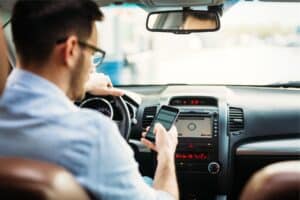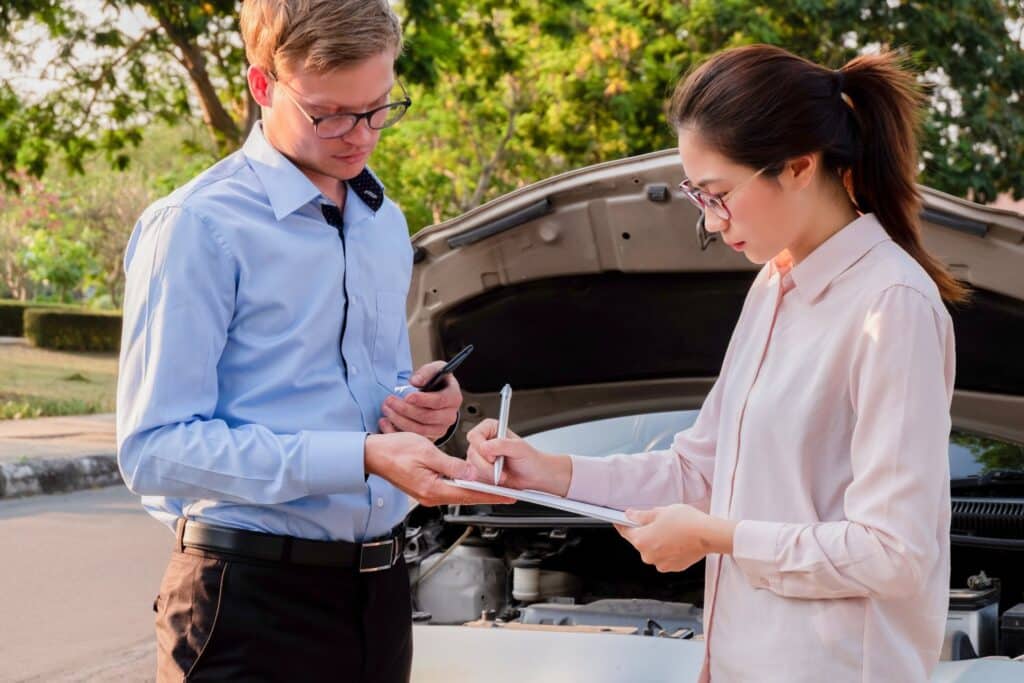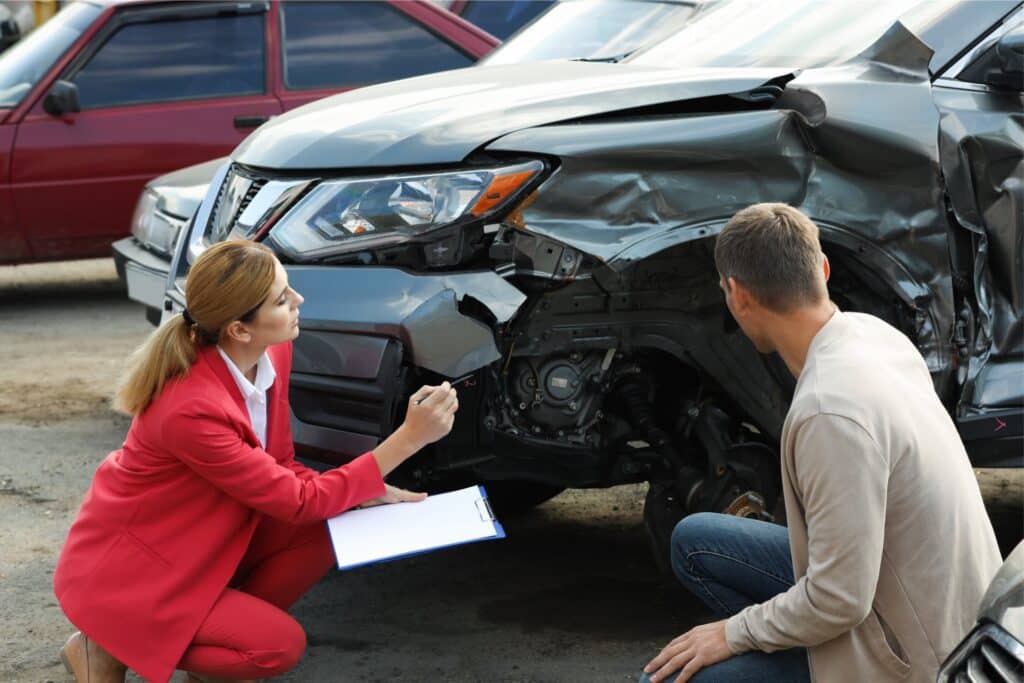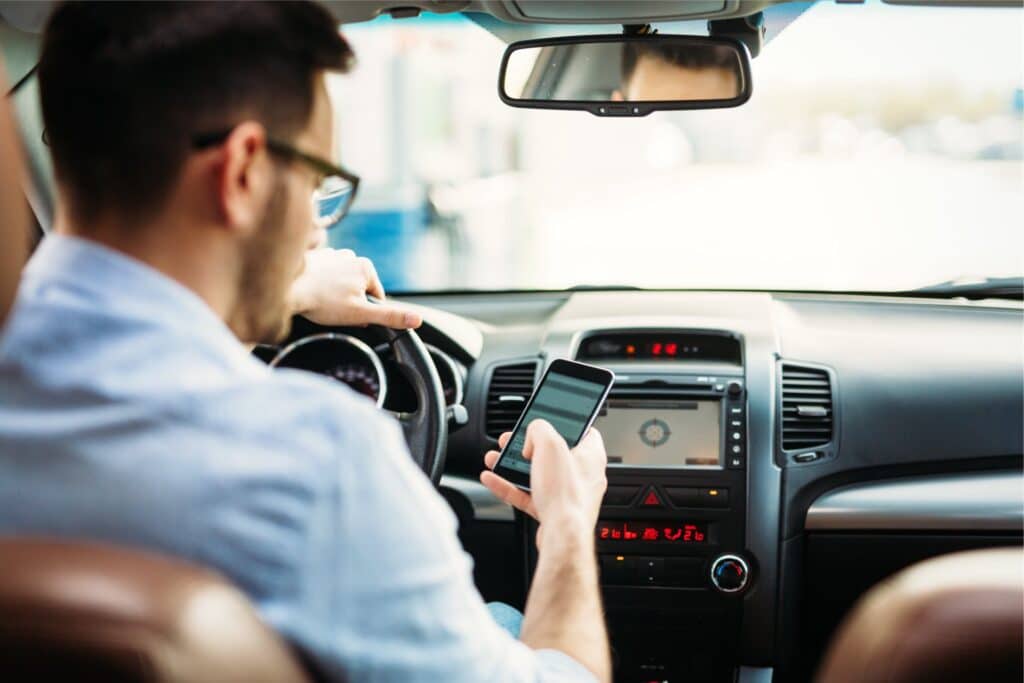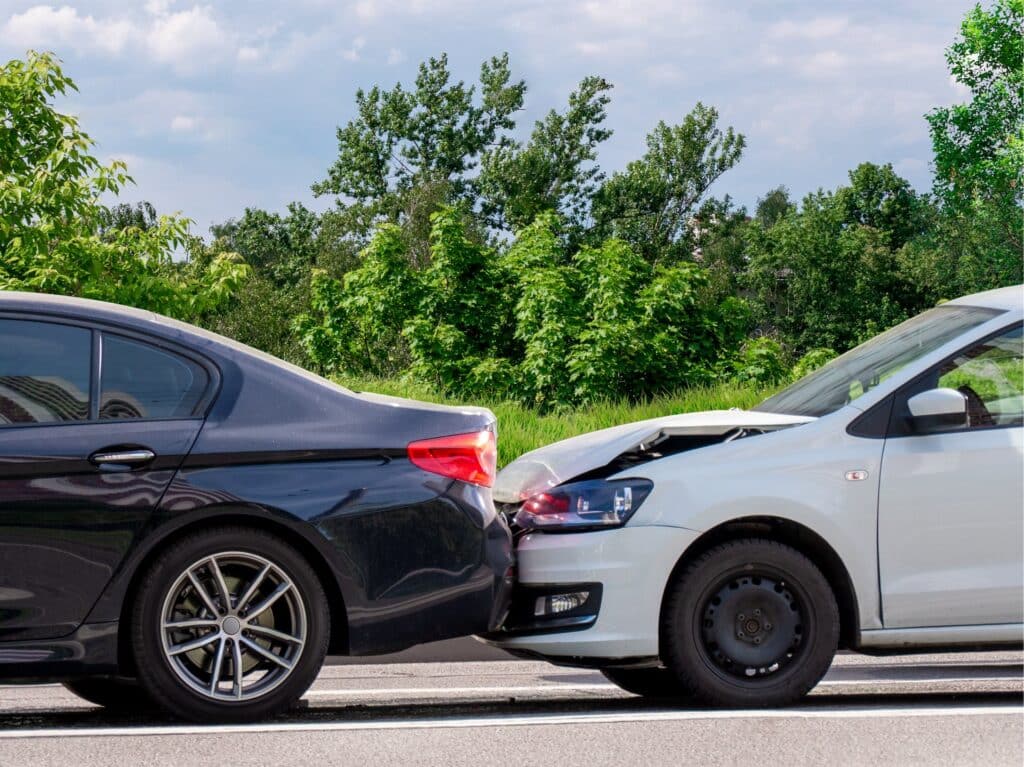Autonomous vehicles (AVs), or self-driving cars, represent a huge shift in transportation. As they become more common on our roads, they bring about significant changes in personal injury law. The evolving nature of liability, the role of manufacturers, and the legal responses available to people injured in AV accidents are all critical matters being discussed nationwide.
At Zbinden & Curtis Attorneys At Law, we are committed to helping with these complex issues and offering experienced legal support to people affected by accidents involving autonomous vehicles. If you or a loved one has been in an auto accident, call our Portland office today.
The Legal Responsibilities of Autonomous Vehicles
Manufacturers and technology developers are responsible for the safety and reliability of their autonomous vehicles, and their legal responsibilities usually extend beyond traditional vehicle safety standards. These manufacturers are required to offer machine learning technologies that not only improve comfort but also provide security for the unconscious actions of the driver.
AVs can warn of accidental lane drifts or alert you when brakes should be applied. But they can also use an autopilot feature to take over for the driver in certain cases. This makes the vehicle’s technology liable when accidents are caused by these autopilot moments. Similarly, if the autopilot technology fails to work at a time when it should have, its developers may be held responsible for damages they caused.
When accidents happen, determining liability involves understanding whether a flaw in the vehicle’s design or software could have contributed to the accident. If so, less of the financial burden for the incident will be placed on you or your loved one.
This is important in Portland, Oregon, because we use a modified comparative negligence rule to decide who receives compensation in personal injury lawsuits. We’ll talk more about that in a later section, but it’s good to divide up liability for an accident to as many of the parties involved as possible.
New Regulations in Liability
The invention of autonomous vehicles has brought about new legal challenges and protocols, particularly in personal injury law. Important cases, like the 2018 incident involving a Tesla Model X on autopilot, have set new legal precedents. In this case, the family of the deceased driver filed a wrongful death suit against Tesla. They made several claims based on product liability, which is the law that holds a manufacturer liable for a defective product design.
This lawsuit, and others like it, demonstrates how the law is shifting around autonomous vehicle claims. Accidents don’t need to be blamed only on drivers or weather conditions anymore. The vehicles are so new, and the technology is advancing so quickly that an error in their programming can have disastrous results for everyone involved. Finding fault requires holding the technology itself responsible for accidents, especially when it includes a take-over autopilot feature.
Determining fault can involve detailed investigations into the vehicle’s design, how the software functions, and whether the flaw was caused by human oversight. The case against Tesla, and similar ones nationwide, has taught us how to hold manufacturers and technology developers accountable for vehicle accidents.
AI, Machine Learning, and Personal Injury Claims
The AI and machine learning technologies behind autonomous vehicles are the most important aspects of personal injury claims. These autopilot technologies decide how a vehicle reacts in real-time to avoid accidents. However, when these decisions lead to an accident, determining liability becomes more complicated.
Investigation Questions in Autonomous Vehicle Accident Cases
Portland has a vibrant culture, and we are visited daily by wealthy tourists driving autonomous vehicles seeking to “soak” in the city. (We can tell them apart because they use umbrellas.)
These visitors are excellent for our economy and our community, but they increase the likelihood of AV accidents. When fewer decisions on the road are made by people, it changes the questions that your attorney from Zbinden & Curtis will ask. We’ll ask these questions for clients who are even partially involved in these accidents, like pedestrians or third-party victims. Now, our questions will shift away from the driver’s actions and include things like:
Was the accident due to a technological failure, human error, or a combination of both? Did the autopilot technology do what it was intended to do? Did it do it at the right time? Did the technology function correctly but in the wrong situation? Did the AI and machine learning systems consider the damage its “corrective” actions would cause to other people sharing the road?
Finding answers to these questions is part of our job as personal injury professionals handling AV cases. These answers will determine how liability is assessed and how your injury claims are pursued. As we said earlier about Oregon’s comparative negligence laws, holding several parties accountable for their product or actions is key. This way, you not only receive the justice you deserve, but you also help keep dangerous technology off our Portland streets.
Oregon’s Modified Comparative Negligence Laws
Oregon’s modified comparative negligence laws require a detailed examination of liability in personal injury cases that includes all of the likely parties. This can include you as an AV operator, an affected driver, or an innocent bystander who became a victim. Recent advancements mean the court also takes into account the autonomous vehicle’s technology when determining liability.
Under these laws, an injured person can only recover damages if they are less than 50% at fault for the accident. The compensation amount they receive is then reduced by the percentage of fault they are assigned.
In other words, if you’re 30% responsible for the accident, you can only recover 70% of your damages. If you are in an accident that involves an autonomous vehicle, you can hold more parties accountable than traditional accidents. That reduces the percentage you are held responsible for and increases the likelihood of receiving your compensation.
Portland Personal Injury Professionals
At Zbinden & Curtis Attorneys At Law, we understand Portland’s unique liability laws that affect your compensation after an accident. If you or someone you love has been involved in an accident with an autonomous vehicle, reach out to us at (503) 287-5000. We can guide you through this challenging process and help you receive the support you deserve.
 Skip to content
Skip to content



